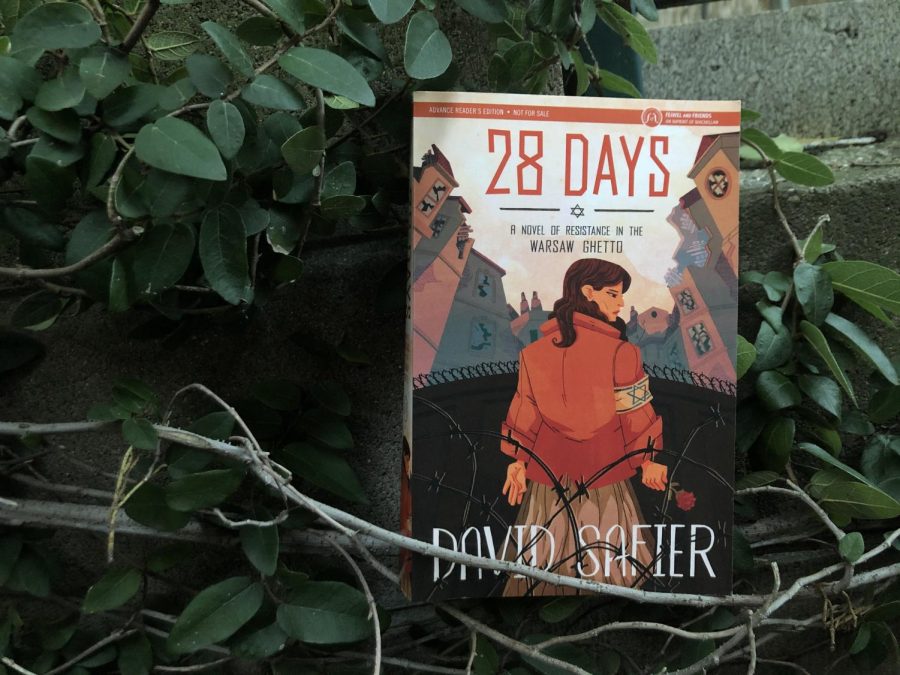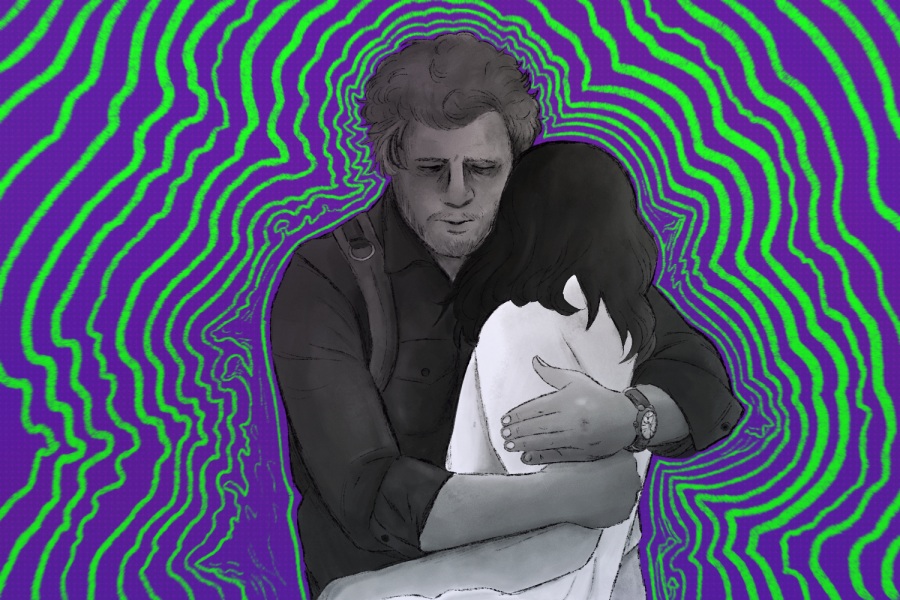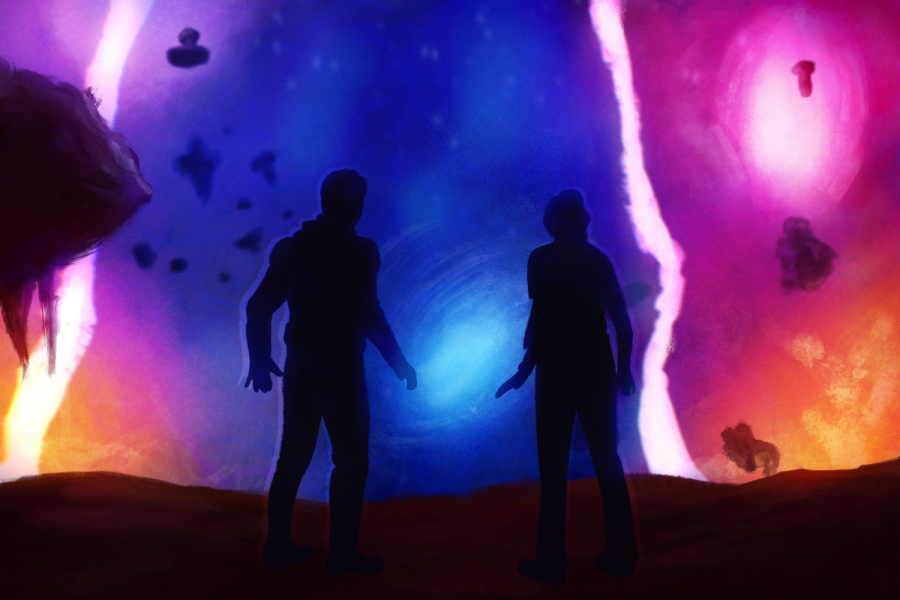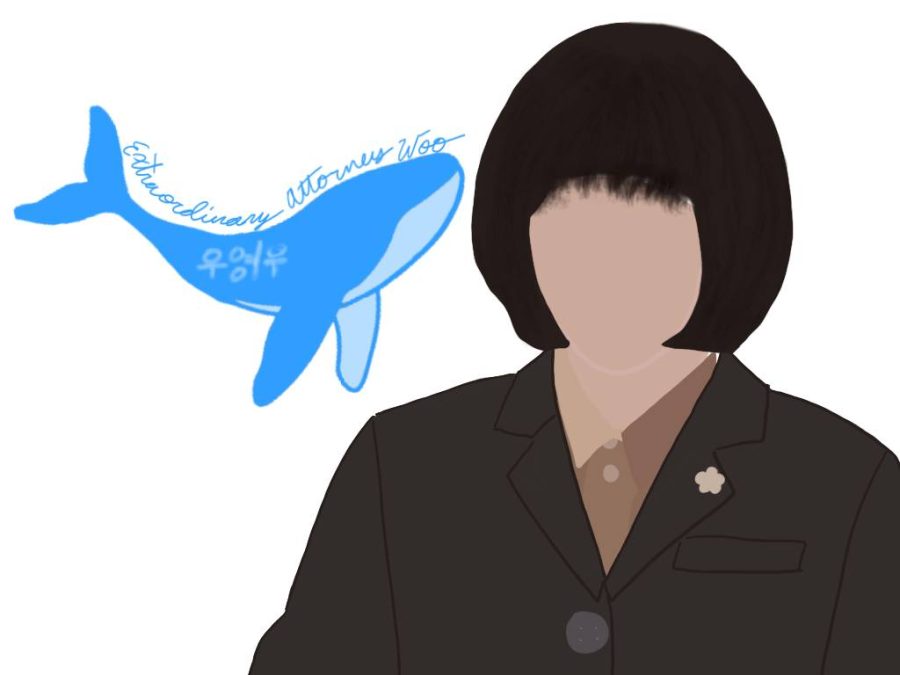People easily say that they’d save another’s life even if it put them in danger.
But unless they were truly in that situation, they wouldn’t know what they’d choose.
16-year-old Mira lives in the Jewish ghetto of Warsaw and is forced to make choices to ignore the needs of others daily. However, she consciously chooses to help no one but herself and her family.
In David Safier’s young adult book “28 Days,” Mira is just one of the thousands of Jewish people trying to survive Polish and German rule in the Warsaw ghetto. When she hears that the ghetto is being liquidated, Mira fights to protect her family from inevitable death. Along the way, she encounters young resistance fighters planning to rebel against the SS and hopefully regain freedom, though Mira remains shackled to her family. Throughout these events, Mira also must choose who she gives her heart to, either a boy who saves lives or a boy who takes them.
When the choice becomes to fight or die, Mira joins the resistance, and they last for 28 days, through which Mira will have to discover both the deprivation of humanity, as well as what kind of person she wants to become.
Going in, I was expecting this to be more fiction than historical fiction in terms of the young female lead. I was instead pleasantly surprised at the character development and realistic choices she made. Safier made Mira independent and rational, but also didn’t neglect to acknowledge that love can exist, even if it’s not the perfect version we expect.
I also enjoyed the change in perspective for a book written about the Holocaust and WWII. I’ve never read about the ghettos Jewish people were forced into — mainly more about what happened in places like Auschwitz — so getting more of a complete picture of what happened in other places was nice.
However, it was a bit unnecessary to have conflicting love interests from the first chapter, even though it did add another level to romance. Aside from that, it more detracted from the central message of the book than adding layers to the plot or historical relevance.
Throughout the book, there was a shift in the line between humanity and the loss of humanity that Mira was not willing to cross. It gave more of a realistic edge to a survivalist way of life that certain ideals cannot be upheld in certain situations, which is often the opposite in similar styles of books.
However, there were far too many coincidences that detracted from that sense of a realistic scenario. A couple are to be expected, but there were just a few too many for the situation in context. By the same token, in order for the scenario to have worked in history at all, there would have needed to be some miracles to have resisted for 28 days.
Overall, “28 Days” is a great read for those who enjoy historical fiction, especially those centering about the Holocaust, thanks to its more realistic take on history and the main character who’s anything but stereotypical.
“28 Days” will be available to purchase on March 10, 2020.
[star rating=”4/5″]












